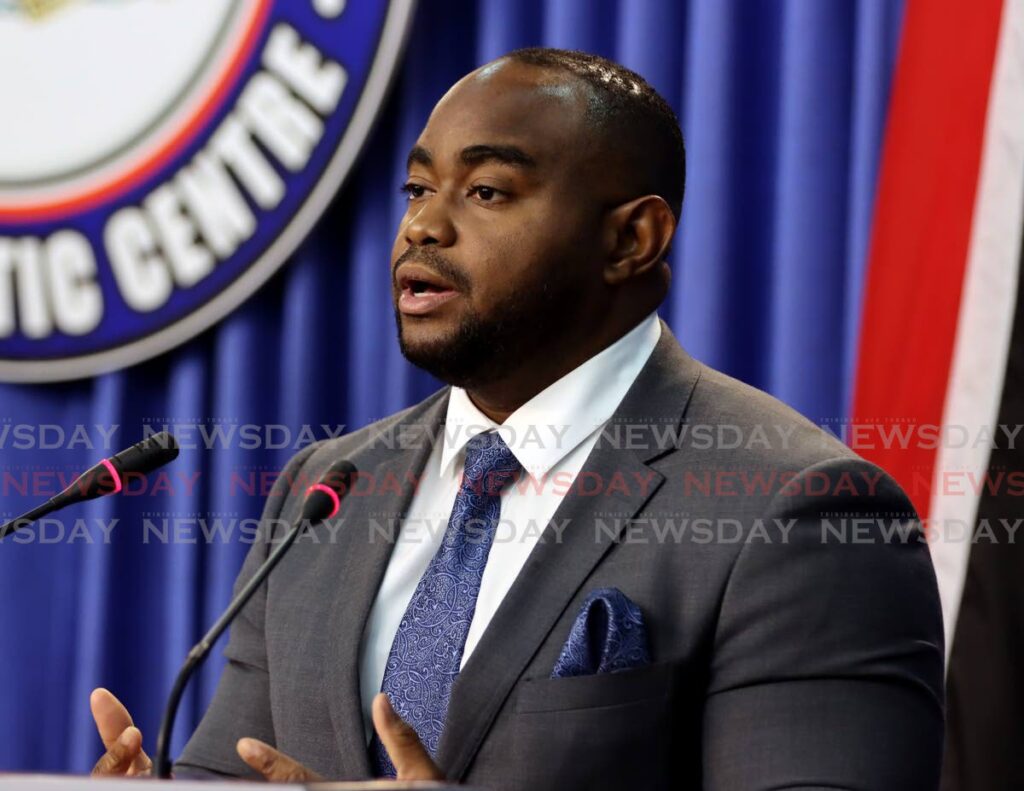Sean Sobers, Trinidad and Tobago’s Minister of Foreign and Caricom Affairs, has found himself at the center of a series of diplomatic challenges since assuming his role. Tasked with enhancing the nation’s international relations and global standing, Sobers has instead overseen a deterioration in ties with Caricom and neighboring Venezuela. His support for stringent measures against Venezuelan migrants has further strained relations, while his alignment with U.S. interests has sparked domestic debate. Sobers’ tenure began controversially in May when his comments on the disappearance of a young man in Antigua drew sharp criticism from Antiguan Prime Minister Gaston Browne. By July, he was forced to backtrack on claims of resolving the UK’s visa requirements for TT citizens, instead detailing the complexities behind the decision. By August, Sobers appeared to echo Prime Minister Persad-Bissessar’s stance on neutrality in the U.S.-Venezuela conflict, even as she controversially endorsed extrajudicial killings in international waters. The minister’s handling of the evacuation of TT students stranded in Jamaica during a hurricane in October highlighted disorganization and inefficiency, with students receiving flight notifications after the planes had departed. At a post-cabinet briefing on October 30, Sobers adopted a defensive tone with the media, refusing to commit to compassionate treatment of illegal immigrants and deflecting questions about U.S. evidence in at-sea strikes. His recent press release on TT’s “security environment,” which he read during the State of Emergency debate, further blurred the lines between his role and those of the homeland security and defense ministries. Six months into his tenure, Sobers must now embrace the diplomacy central to his role, foster cabinet consensus on foreign policy, and address the significant challenges facing TT.
